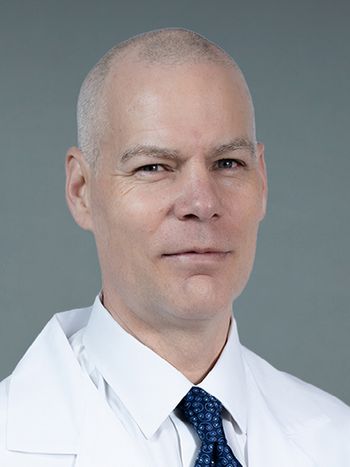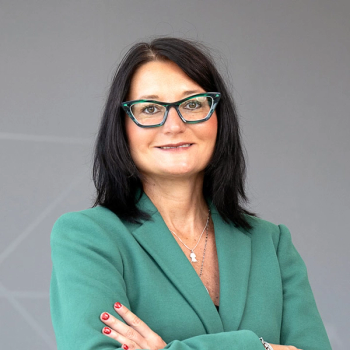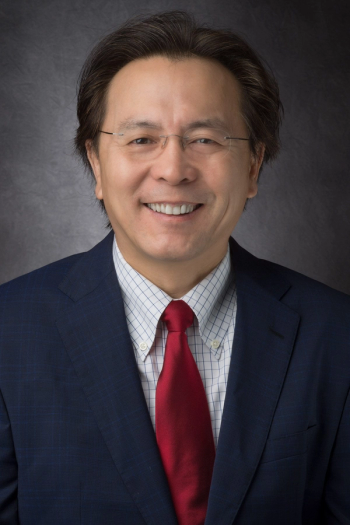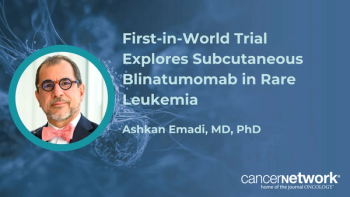
New Therapies for T-Cell Lymphomas on the Horizon
There is a critical need for new therapies for T-cell lymphomas, and with ongoing trials of mTOR and aurora kinase inhibitors, PI3K inhibitors, and others, new options may be on the horizon.
There is a critical need for new therapies for T-cell lymphomas, according to a presentation at the 21st Annual International Congress on Hematologic Malignancies in Sunny Isles, Florida.
The US Food and Drug Administration has approved four new therapies for peripheral T-cell lymphoma (PTCL) since 2009-pralatrexate, romidepsin, brentuximab vedotin, and belinostat. “However, despite these approvals, a high need remains for therapeutic advances. Challenges remain in defining what treatments have the highest levels of complete remission and durability of remission when determining which regimens to consider for frontline trials,” said Michelle Fanale, MD, associate professor in the department of lymphoma/myeloma at the University of Texas MD Anderson Cancer Center in Houston.
Overall, outcomes with standard frontline chemotherapy with cyclophosphamide, doxorubicin, vincristine, and prednisone (CHOP) are poor, and survival is dismal for PTCL after first relapse or disease progression after initial treatment, said Fanale.
New therapies are emerging for PTCL. Recently evaluated therapies on clinical trials include the aurora kinase inhibitor alisertib, PI3K inhibitors duvelisib and RP6530, the mTOR inhibitor everolimus, the chemokine receptor 4 monoclonal antibody mogamulizumab, and the ALK inhibitor crizotinib. The farnesyltransferase inhibitor tipifarnib looks promising and a large phase II trial is ongoing for PTCL patients, she said.
“We are seeing a series of single-agent trials in the relapse setting. With multiple drugs approved, we also see trials with combinations of doublets and triplets,” said Fanale.
Romidepsin has been combined in clinical trials for patients with relapsed disease with alisertib, ifosfamide, carboplatin, etoposide, pralatrexate, 5-azacitidine, and lenalidomide. A triplet study with romidepsin, lenalidomide, and the proteasome inhibitor carfilzomib is also underway.
Current studies may have molecular prognostic factors built in to help define which patients may respond, she said. “Some combination targeted agent studies show 50% overall response and 30% complete response rates. Who are the patients who achieve complete remission? It is unlikely we can get to a greater than 50% complete remission rate in a non-selected population using targeted therapies, but we may in an appropriately molecularly selected patient population,” said Fanale.
Trials are now taking a chemotherapy backbone and adding in a targeted agent. These trials include CHOP plus romidepsin, belinostat, or pralatrexate. A recently completed randomized phase III trial (ECHELON-2) evaluated a combination of CHP plus brentuximab vedotin vs CHOP alone in CD30-positive PTCLs based on promising data in the phase I setting, which showed a complete response rate of 88% and 4-year progression-free survival of 52%.
“Notably no patients underwent a consolidative autologous stem cell transplant (ASCT), but data showed similar outcomes to what one might see for patients treated with CHOP plus an ASCT in first remission,” said Fanale.
She added: “We now have the potential to conduct randomized trials in the relapsed setting to select the preferred treatment, but we need a cooperative effort in the setting of rare diagnoses. We also need to better define predictive biomarkers for patient selection, which may move into the frontline setting, and prediction of outcomes and to develop better preclinical models for evaluations of new drugs.”
Newsletter
Stay up to date on recent advances in the multidisciplinary approach to cancer.












































